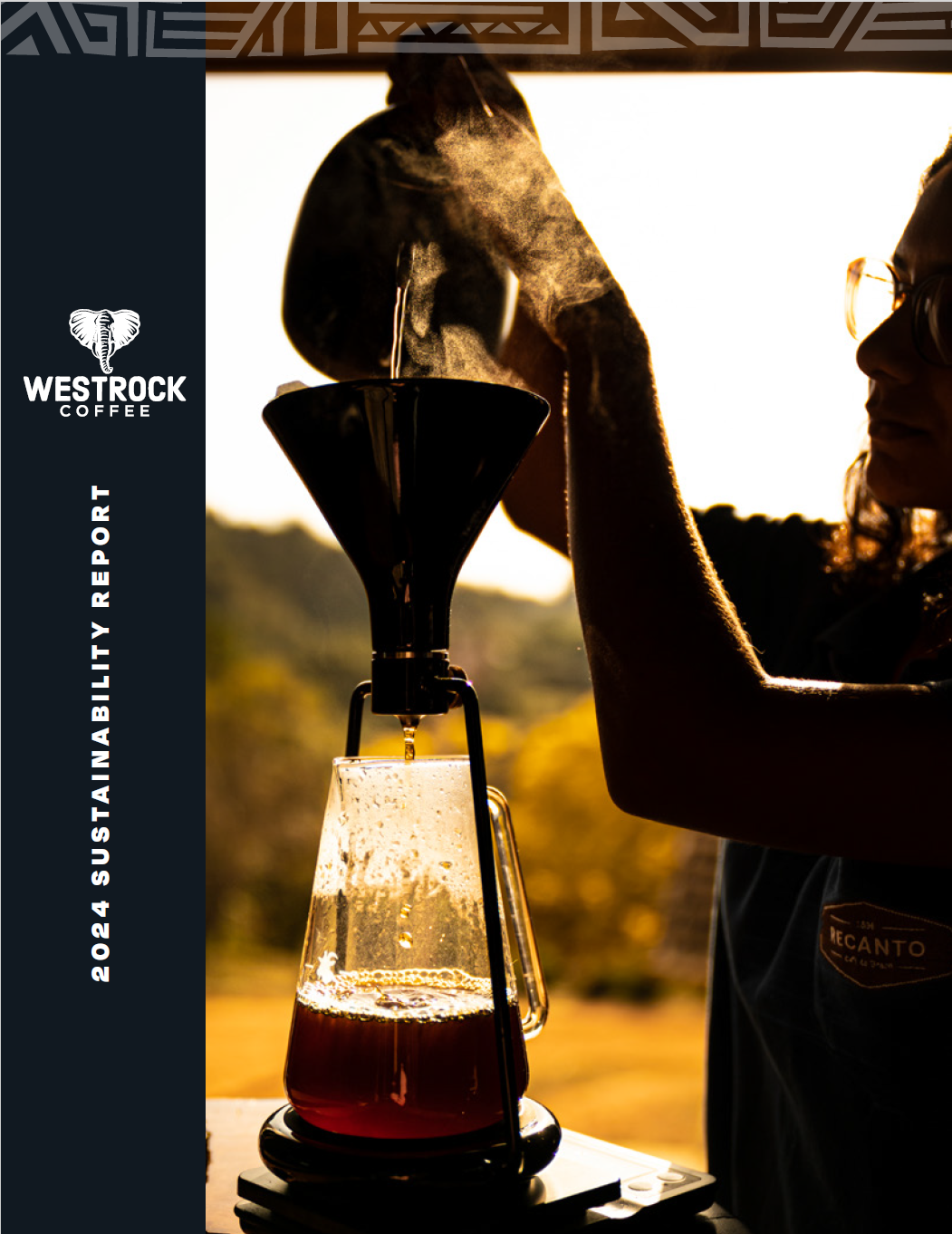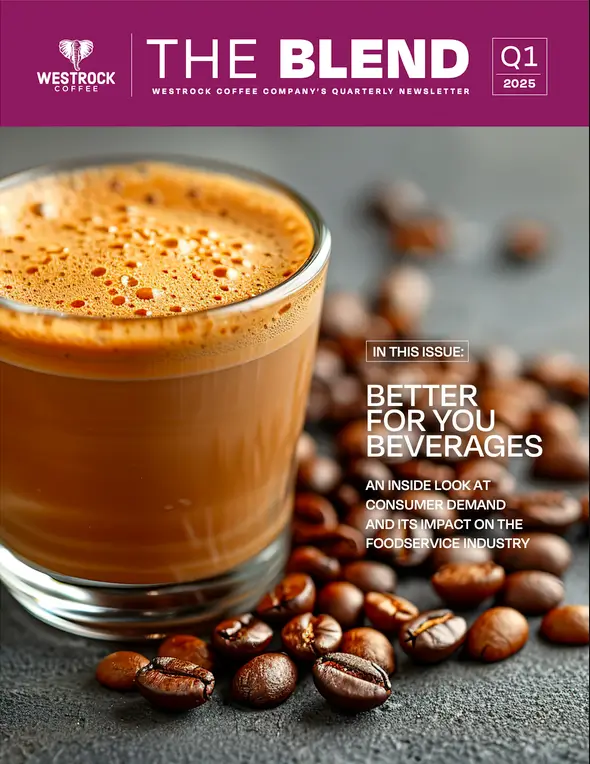April 8, 2025
We’ve long known that what we eat affects our physical health, but what about our mental well-being? Emerging research is highlighting the powerful connection between our gut and our brain, a relationship known as the gut-brain axis. And guess what? Our daily beverages are poised to play a significant role in this emerging field.
The Microbiome Takes Center Stage
The gut microbiome, the complex community of microorganisms living in our digestive tract, is increasingly recognized as a key player in mental health. We’re seeing a surge in interest in how gut health impacts mood, cognition, and overall well-being. This focus is translating into innovative beverage formulations designed to support a healthy gut-brain axis.
Prebiotic and Probiotic Innovation: Fueling the Mind-Gut Connection
Expect to see more sophisticated prebiotic and probiotic formulations that go beyond basic digestive support. These new blends will be specifically designed to optimize gut health and, in turn, support cognitive function. Think of it as feeding your gut to nourish your mind.
Fermented Beverages: A Gut-Friendly Buzz
Fermented beverages like kombucha are already popular for their probiotic benefits. Now, imagine combining those benefits with the energizing kick of coffee or the soothing qualities of tea. We’re seeing a rise in fermented coffee and tea products, offering unique flavor profiles and a gut-friendly boost.
Targeting Specific Mental Health Needs: Beyond General Well-Being
The focus is shifting from general mental well-being to addressing specific mental health needs. We’ll see an expansion in products that target issues like anxiety, depression, and cognitive decline. This means beverages designed with specific ingredients and formulations to support targeted mental health outcomes.
Potential Impact on the Beverage Industry
The implications of the gut-brain axis research are far-reaching for the beverage industry. We can expect to see:
- A New Category of Functional Beverages: Beverages will move beyond basic hydration and energy to become tools for mental wellness.
- Increased Demand for Probiotic and Prebiotic Ingredients: The focus on gut health will drive demand for innovative probiotic strains and prebiotic fibers that support the gut-brain axis.
- Emphasis on Fermented Beverages: Kombucha, fermented teas, and coffee-based fermented drinks will gain popularity as consumers seek gut-friendly options.
- Personalized Beverages for Mental Wellness: Just as we see personalized nutrition, we’ll see beverages tailored to individual mental health needs, based on microbiome analysis and other factors.
- Collaboration with Neuroscience and Microbiome Research: Beverage companies will partner with researchers to develop evidence-based products that support mental well-being.
- Marketing Shift: Beverage marketing will increasingly highlight the connection between gut health and mental well-being, emphasizing the mood-boosting and cognitive benefits of their products.
The Future of Mind-Boosting Beverages
The gut-brain axis is opening up a whole new frontier for the beverage industry. We’re moving beyond simple refreshment to beverages that support both physical and mental well-being. This trend is driven by cutting-edge research and our growing understanding of the intricate connection between our gut and our brain.
As the beverage industry evolves to embrace these advancements, understanding the nuances of ingredient sourcing, formulation, and market trends becomes crucial. At Westrock Coffee, we’re dedicated to helping our partners navigate these exciting developments. To learn more about our expertise in the beverage industry and how we can support your journey into the gut-brain axis space, visit our Industry Expertise page.
References:
- Cryan, J. F., O’Riordan, K. J., Cowan, C. S., Sandhu, K. V., Bastiaanssen, S., Boehme, M., … & Dinan, T. G. (2019). The gut-brain axis. Physiological reviews, 99(4), 1877-2013.
- Dinan, T. G., Stanton, C., & Cryan, J. F. (2013). Psychobiotics: a novel class of psychotropic. Biological psychiatry, 74(10), 720-726.
- Plaza-Díaz, J., Ruiz-Ojeda, F. J., Vilchez-Padial, L., & Gil, Á. (2019). Evidence of the anti-inflammatory effects of probiotics and synbiotics in intestinal chronic diseases. Nutrients, 11(1), 17.
- Bested, A. C., & Logan, A. C. (2016). Intestinal microbiota imbalances and mood disorders: an evolving clinical perspective. Gut pathogens, 8(1), 1-9.
- Marsh, A. J., O’Sullivan, K., Hill, C., Ross, R. P., & Cotter, P. D. (2014). Fermented beverages with health-promoting potential: past and future perspectives. Trends in food science & technology, 38(2), 113-124.
- Slykerman, R. F., Hood, F., Wickens, K., Thompson, J. M., Jiang, Y., & Barthow, C. (2017). Effect of Lactobacillus rhamnosus HN001 on anxiety and depressive symptoms during the perinatal period: a randomized controlled trial. EBioMedicine, 24, 159-168.




